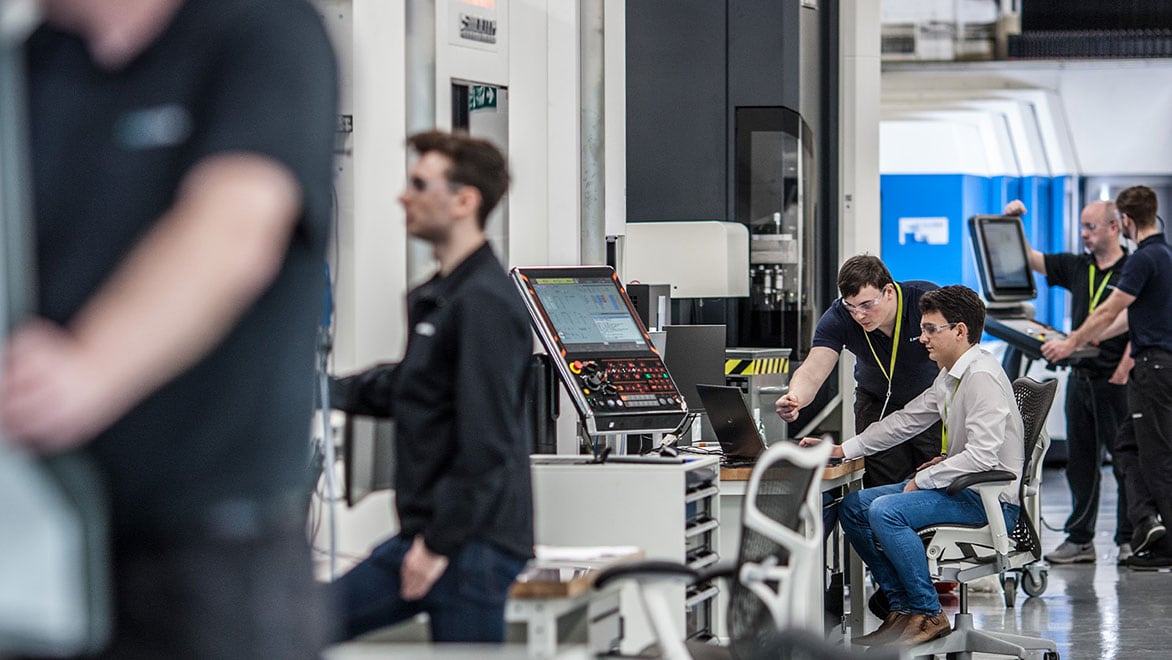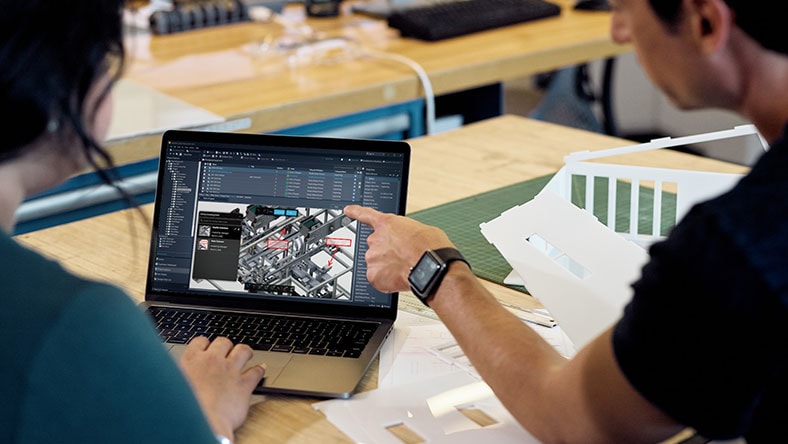& Construction

Integrated BIM tools, including Revit, AutoCAD, and Civil 3D
& Manufacturing

Professional CAD/CAM tools built on Inventor and AutoCAD
Product data management (PDM) is a system that centralizes product-related data and processes. Engineers use PDM software to track revisions, manage change orders, generate Bills of Materials (BOMs) (US Site), and more.
PDM software helps companies bring products to market faster by bringing all project data into one place; reducing time spent on low-value tasks, increasing product development agility, and increasing collaboration.
PDM captures the entire history of your designs by integrating with your design and business tools to manage data and automate workflows and engineering processes.
Experience real-time access to data from anywhere with multi-CAD integration. With PDM, your design workflow adapts to your business.
Share 2D or 3D views of your work with others, even those outside your company's firewall, and get comments and feedback directly inside your PDM software.
Easily find and access files you want to replace, reuse, or copy to use in new designs. Leverage existing design data to spend less time searching and more time doing.
Automate engineering change orders, revision control, BOM management, and more. Keep your engineering processes under control with PDM software.
NOV FGS
“What used to take our engineers 3-5 days now takes as little as 20 minutes.”
— Ben Holmes, Digital Design Manager
ROKION
“We take a customer’s problem and we engineer a solution for it.”
— Kipp Sakundiak, General Manager
GEA
“You’re not able to make mistakes or forget small valves or O-rings"
– Lune Riezebos, Application Specialist
Shift your processes from standalone to integrated and do more with your data.
Let anyone access CAD data and gather feedback from stakeholders – even ones without a CAD license.
Achieve faster response times and fewer errors with automation and data accessibility.
Keep up to date with all things PLM and PDM on Autodesk’s ‘Under the Hood’ blog.
Hear from Autodesk experts about data management tips, tricks, and best practices.
Read stories from customers just like you and learn about how PDM can help your business.
Product data management (PDM) integrates with your design tools and other business systems and is used for managing data and automating design and engineering processes.
PDM helps ensure that everyone is working with the most up-to-date information in a system that automatically tracks changes, maintains past file versions, and captures the entire history of your designs.
PDM is used by engineers, designers, project managers, and any extended teams to ensure everyone works from a central source of truth for product data. Invited users have complete access to the system on any device of their choice: towers, tablets, notebooks, or mobile, giving them access to the data they need wherever and whenever they need it.









